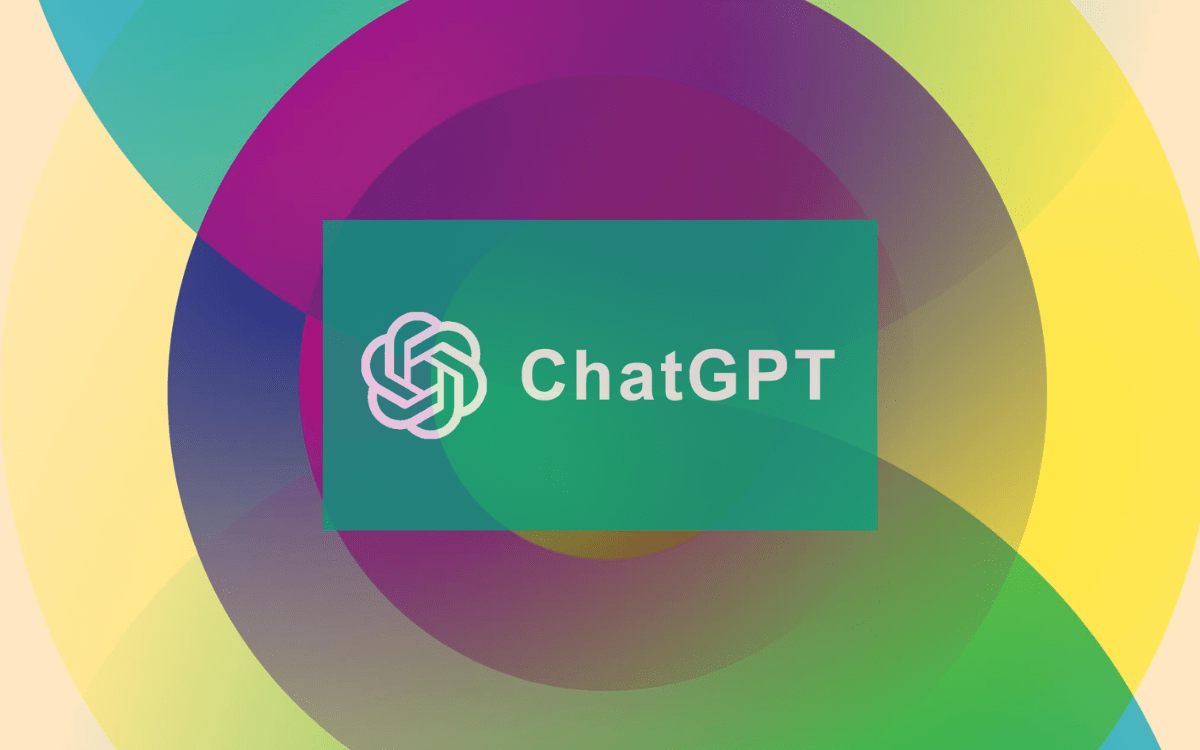[ad_1]

Join top executives in San Francisco on July 11-12, to hear how leaders are integrating and optimizing AI investments for success. Learn More
On Friday, OpenAI announced in a release note that it will roll out ChatGPT Plugins to ChatGPT Plus subscribers this week. The company said the beta release allows ChatGPT to “access the internet and to use 70+ third-party plugins.”
The note said that ChatGPT Plus users would “enjoy early access to experimental new features, which may change during development. We’ll be making these features accessible via a new beta panel in your settings, which is rolling out to all Plus users over the course of the next week.”
In March, OpenAI officially announced 11 third-party plugins, including branded offerings from Instacart, Kayak and Zapier. But the more than 70 third-party plugins that will be made available now include ones for chess play, recipe-finding, live soccer and nutrition. For those developers who want to create a ChatGPT plugin, there is a waitlist for access.
Why increased access to ChatGPT plugins is a big deal
It was immediately clear that ChatGPT plugins could change the landscape of the race to lead in generative AI, with ChatGPT becoming more of a platform than a simple tool. Allowing ChatGPT to surf the web could help minimize hallucinations and help brands refine data collection efforts. But it could also possibly be the death knell of some websites (why browse when ChatGPT could do it for you?) and create security issues for sensitive data.
Event
Transform 2023
Join us in San Francisco on July 11-12, where top executives will share how they have integrated and optimized AI investments for success and avoided common pitfalls.
There is no doubt that increased access to ChatGPT plugins for any ChatGPT subscriber who shells out $20 a month is a seismic shift in ChatGPT’s capabilities. And it comes at a highly convenient moment, right after Google announced its big Bard upgrades at last week’s I/O.
However, threats from the open source community are closing in, as thousands of developers labor on autonomous AI agents with future web-surfing possibilities — demos like AutoGPT and AgentGPT were the talk of Twitter last month. And startup Hyperwrite announced its own demo of an AI agent that can surf the web, used through a Chrome extension. So it’s clear that as usual, OpenAI is moving fast to stay ahead.
As OpenAI CEO Sam Altman gets set to testify before Congress tomorrow, it will be interesting to see if any of the lawmakers questioning him understand the possibilities, as well as the potential pitfalls, of ChatGPT plugins as they gain wider access to the public.
VentureBeat’s mission is to be a digital town square for technical decision-makers to gain knowledge about transformative enterprise technology and transact. Discover our Briefings.
[ad_2]
Source link
